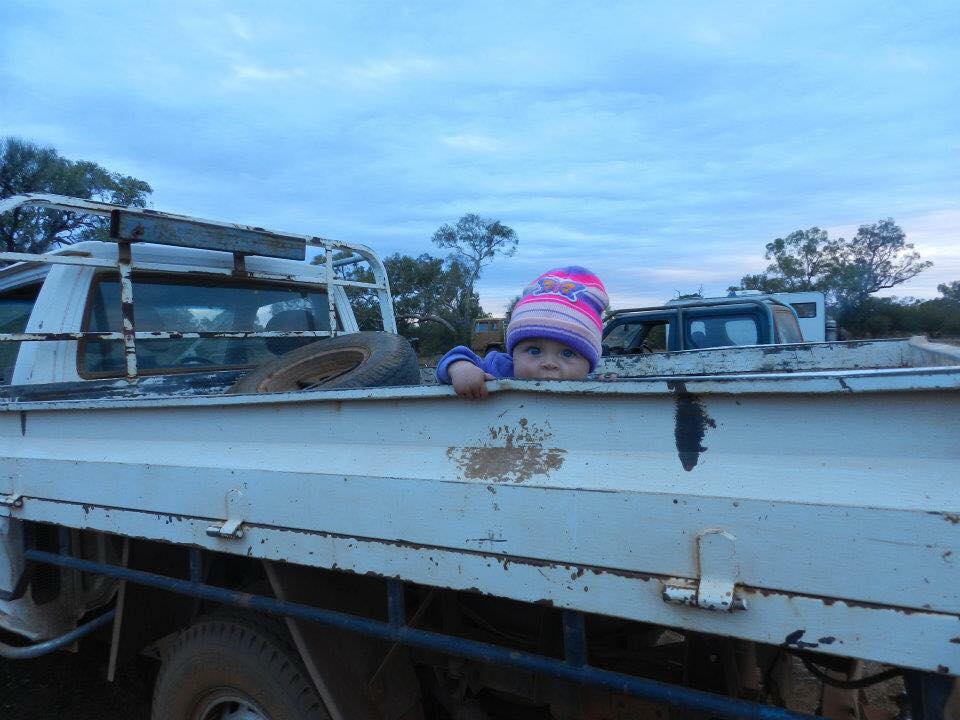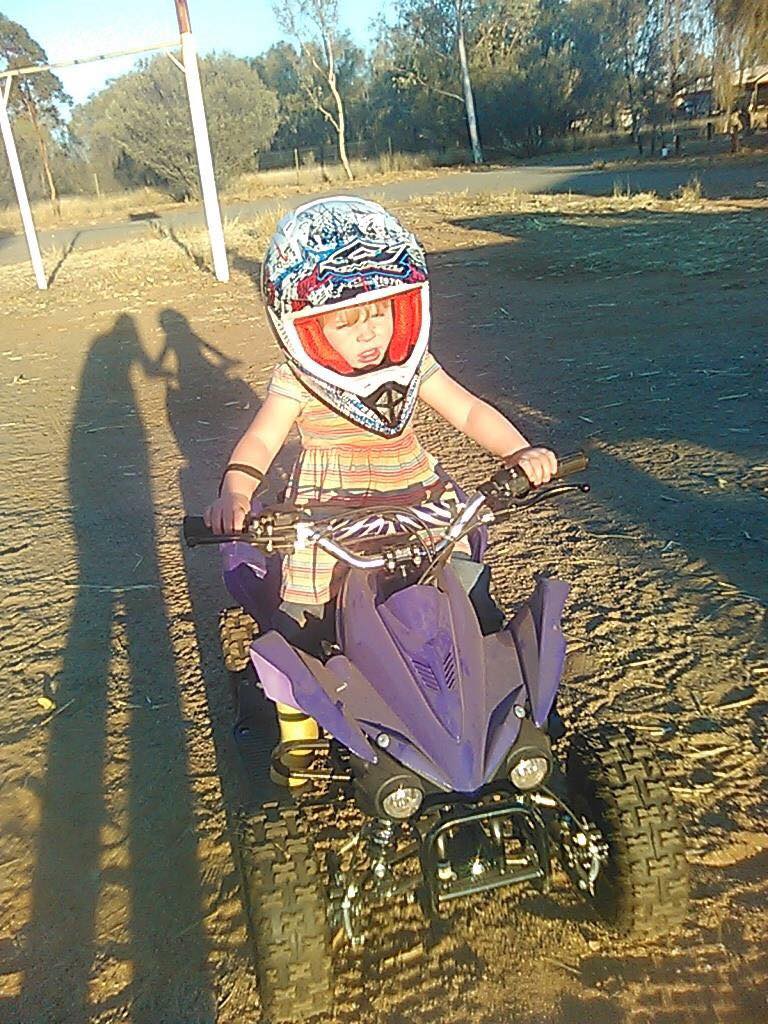Save SOTA – Grant family story
Last week the WA government announced a decision to have all 5 Schools of the Air remain open. This has been a huge win for rural and regional families across the state. The following was written before the government announced the reversal on their decision to close all 5 schools at the end of 2018.
Written by Jodie Grant
The new year is a time for reflection, a time for change. Every year millions of people reflect on the year gone by and changes they pledge to make to ensure the following year is bigger and better than the previous one. Some will make these changes, and many will not.
For me, in the new year I don’t just reflect on the previous year, I reflect on my entire life; How lucky I have been to travel the country not one but numerous times, how lucky I have been to not just visit but live and work in some of Australia’s most remote country.
For those living in remote WA at the end of 2017 there was a real cause for reflection of their lifestyle and what may come of it.
The WA government announced they are going to close down ALL West Australian School of the Air schools in 2019. For many this is the only lifestyle they and their children have known. It’s a far cry from juggling the complexities of the concrete jungle on a full time, long term basis. However if their children’s education is compromised it leaves little choice. Over a hundred families lives have been turned upside down over the Christmas and New Year period, and left to reflect on what now may become of their life.
Yes there is an education alternative – but is it the same? Many bush families are saying no. I currently live near town in the outskirts of Alice Springs, however I spent quite a few years living remotely and still lead a fairly rural lifestyle. I will forever be an advocate for the right of those living remote and rural and for the advantages of bringing your kids up away from the big smoke.
Below is why I think the shutdown of all WA SOTA’s should be overturned.
I have lived through cyclone red alerts, through bush fire threats, through being flooded into a homestead and cut off from the rest of the world for three months at a time, driven on thousands of kilometres of sandy, corrugated, and washed out dirt roads (not always very gracefully) and seen parts of the country many Australians do not.
All of this is incomparable to the life I lived growing up. I grew up in the city with what I thought was everything I needed – all the shops, schools, and conveniences of city life. It wasn’t until I moved onto a cattle station on the Gunbarrel highway in WA that I discovered I didn’t have everything I needed. I had over and above what anyone needs.
Living remotely (and this I believe was indeed remote 400km from the nearest anything which was a small community, 800 odd kilometres from the nearest service town and 1600km from the nearest city) I very quickly learnt that what I thought were basic needs such as 24 hour power, shops of any kind, air conditioning, and instant hot water were actually luxuries and luxuries that I was going to raise my then two week old baby without.
Prior to leaving I was super keen. I thought, “Really, how hard could it be?”, until I ventured further and further into the outback. The endless dirt road heading into seemingly nothing we had travelled hundred and hundreds of kilometres and seemed to have gotten us nowhere. Tears started to roll down my cheeks as the realisation set in of exactly what I was about to embark on.
This was and to this day remains one of the hardest yet best experiences of my life and changed and shaped the person I am today.
Living in outback Australia you face many challenges and obviously the lack of services is at the forefront of these challenges. However this is comforted by the fact that there are some amazing systems in place to help over come these challenges. Services such as the Flying Doctors, remote play groups, and School of the Air being ones that gave me some peace of mind.
The social aspect of living remotely for your children has been the hardest thing for me as a parent living in outback Australia, however what had always comforted me were the amazing systems that are set up to ensure our outback children do not miss out.
Our eldest went through Mount Isa School of the Air and she really didn’t miss out on anything. It was a virtual classroom and then the drives into town to school events, which were definitely highlights for her. She looked forward all year round for an occasion each term to meet with her class mates and just hang out. School of the Air is more than just distance education, it is a school with friends and teachers all interacting as they would at school.
It was always a favourite to listen in on a Monday morning and find out who got bucked off a horse or run up the rails by a bull or who come off their motorbike. The laughter, the camaraderie, and the friendships will never be forgotten.
These are everyday kids coming online (to their daily classroom) to share their adventures, silly moments, and have a laugh and learn along the way.
If the government choose to take away School of the Air you will be changing the station demographics. You will lose families that are out on stations because some will choose to educate their children closer to town. It’s hard enough to send a child in year seven or eight to boarding school let alone losing remote educational services in primary school.
These station folk that live in these areas are the people that ultimately feed our nation, these are people we need to respect and support in every way possible.
I know I look at WA as home – it’s where we started our little family out in the middle of nowhere and where we always thought we would ultimately return to. However, now as a family with four kids still to complete their schooling, without an interactive educational system for my children I know it would deter me.
SIDE has its place – I know people who have completed their education through SIDE, however when you are running a station millions of acres in size, local town trips are few and far between. Getting to your local service is an effort in itself. WA spans thousands of kilometres to be able to get the interactive support the station visits, mini camps, in-schools etc., and would not be possible from a base at the far south of the state. New talk of modifying SIDE so that it will cater for these needs seem to defeat the purpose of cutting SOTA’s to save money as to change SIDE’s current structure will also cost money.
Everyone, whether you be city or country folk, lets stand together. It doesn’t matter where you come from or who you are, ALL children deserve the right to a educational system that provides all needs not just learning but meets social and emotional needs as well.



